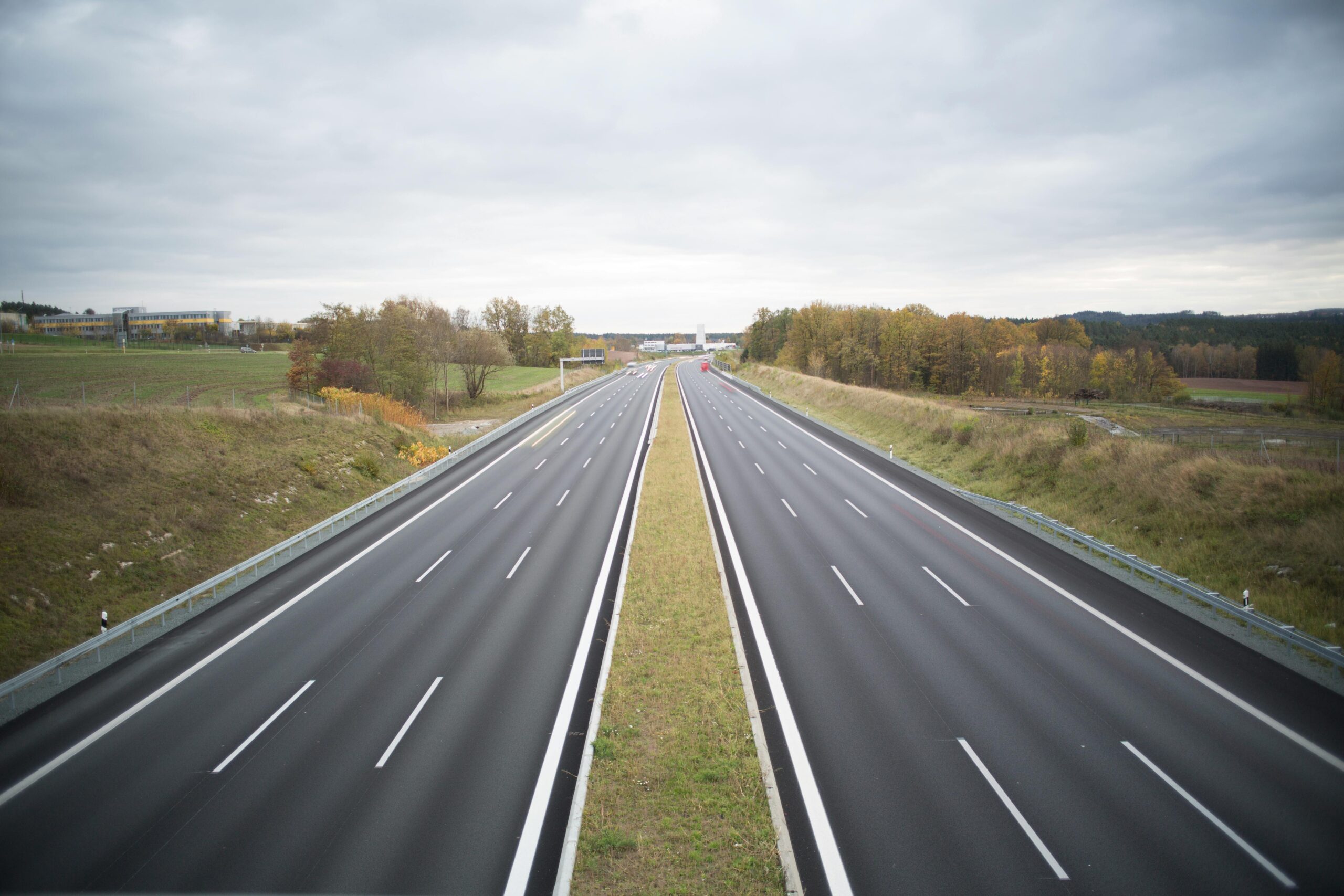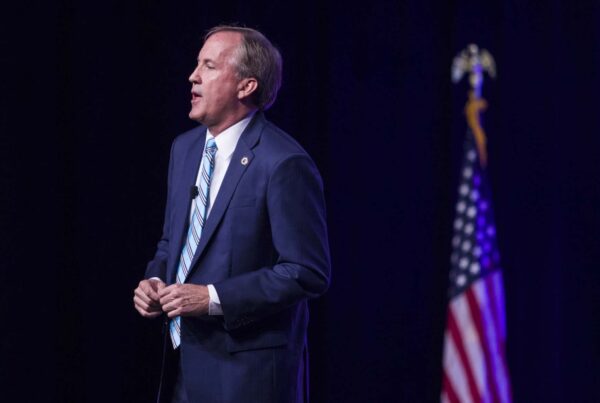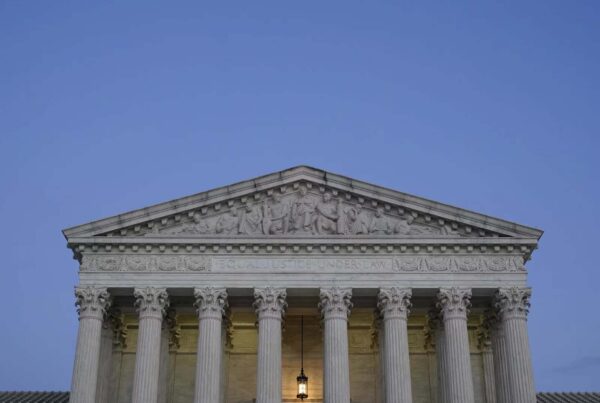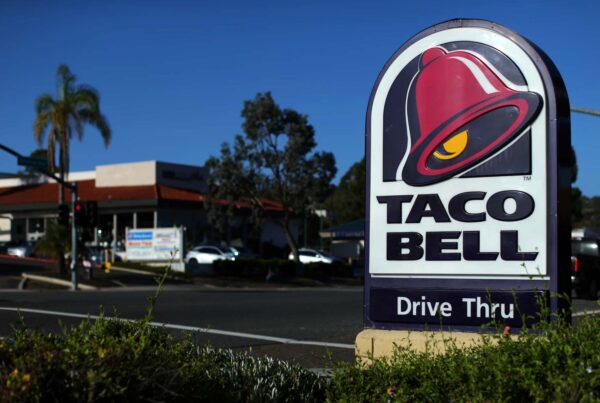For a while now on the Texas Standard we’ve talked about self driving cars and driverless trucking as part of conversations about the future of transportation, but what about “smart highways?”
If the folks at the Texas Department of Transportation (TxDOT) have anything to say about it, one could be coming to a road near you, but not so soon.
Megan Kimble has written about smart highways for Bloomberg as well as Texas highways in her upcoming book “City Limits: Infrastructure, inequality, and the future of America’s highways.”
She spoke with the Standard about smart highways and why the folks at TxDOT chose this program. Listen to the interview above or read the transcript below.
This transcript has been edited lightly for clarity:
Texas Standard: First off, what is a smart highway and do we have any yet in Texas?
Megan Kimble: We don’t have any yet.
A smart highway is essentially a highway that can communicate with autonomous vehicles that are driving on that highway. That’s the vision, ultimately.
But a company called Cavnue has partnered with the Texas Department of Transportation to build one on SH 130, which swings to the east of Austin. And essentially, what they’re going to do is install poles that kind of look like tall light fixtures, and they’ll have sensors on them that will collect data about road conditions. So obstacles in the road or traffic congestion or weather, and ideally in the future that information will then get communicated to the smart cars and trucks driving on that highway.
So when we’re talking about smart vehicles driving using these fixtures alongside the road, is it hands off the wheel and the car or the truck takes over?
That’s the vision ultimately. We have autonomous trucks already driving, you know, carrying freight on Texas highways. And some of the companies that are carrying that freight have said by the end of 2024, they hope to go driver-out.
So I think particularly for autonomous trucking, the idea is these trucks that don’t have people in them control, and there will be sensors on the road that just add this sort of extra safety layer. Texas has said, though, that these smart roads can benefit drivers. Today, you and me would benefit from having more information about the road ahead.
I know that there’s been a lot of concern. I’ve seen a lot of stories coming out of San Francisco. There have been stories from Austin as well, about autonomous vehicles not quite living up to their promise. You know, there have been incidents involving pedestrians, for example. Are we sure that we’re on the right track here?
That’s a great question. I don’t know if I can answer that, but we’re certainly on that track.
Texas in 2017 passed a law basically opening up Texas roads to autonomous vehicles. So essentially, if I want tomorrow to start an autonomous trucking company, I could start running trucks on Texas highways already.
» GET MORE NEWS FROM AROUND THE STATE: Sign up for Texas Standard’s weekly newsletters
And so, when we’re talking about smart highways, I have to ask why it’s such a focus for developers of this technology right now. And why Texas?
Well,” why Texas” is just what I said – it’s that this is this hub for autonomous vehicles because we have very permissive regulations
Where else is this happening in the U.S.?
Nowhere else that I know of. Cavnue has a pilot program in Michigan on a stretch of I-94 outside of Detroit. And that is mostly focused on passenger autonomous vehicles. But all of this is in pilot stages.
You know, SH 130 is not yet built. It’s very much in its infancy. But I think the vision is as autonomous vehicles come onto the road, these “smart roads” can help make those roads safer. But it’s very much untested.
Now, I should mention SH 130 actually is built out, it’s just we just don’t have these [smart roads]. And in fact, some people have expected with the increase in speed limits along SH 130, that it actually might be more used. Perhaps this is an opportunity for some of these roads that have been built out to alleviate traffic concerns, get some of that traffic off of those main arteries onto roads like SH 130, I suppose.
Yeah. And Cavnue, you points out that, you know, autonomous or smart road technology can help make our existing roads more efficient. Congestion is often caused by lanes being closed or obstructions in the roadway. And as it communicates this information with an agency like TxDOT, they can send trucks out to clear the roadway to help facilitate travel flow.
And so I think the promise is we can make better use of the roads we have today, autonomous or not.
Well, so what does the future of projects like these look like? I mean, will we be syncing our cars to the highway anytime soon, or is this primarily for the long haul – that is to say, trucks?
I think it’s primarily for the long haul right now.
So, by the end of the year, I think there will be some pilot program in place on SH 130. And that is sort of collecting data, trying to figure out what the next steps are. But it’s a three mile stretch of highway. It’s very small stretch of highway. I think for the average driver, this is still a long way away.
I know you’ve got a new book coming out called “City Limits” about highways in Texas. Why was it so important to you to write about what’s happening on the roads in Texas, or are we sort of a bellwether for what’s happening elsewhere in the country?
Yeah. So my book primarily looks at Texas’ plan to expand urban highways, including I-35 in Austin, I-45 in Houston. The state agency will spend $65 billion over the coming decade to widen highways. And largely, the evidence shows that’s not going to fix traffic because those extra lanes will just fill up with cars.
And so what was really interesting to me about the smart road story is that the promise is that we can make more efficient use of the roads we already have. As Texas booms, we already have a massive road network. How can we manage that resource more efficiently?

















